Making and Then Unmaking concerns itself with these rough edges by understanding the confessional quality of folk, whose confessions need not be aesthetically fitting to what the pop hegemony dictates in order to be valuable.

Piotr traces figures in the sand in order to part away from them
Derek Piotr makes folk, the emphasis is on folk because the boundaries of the genre are always porous. Folk flirts and moves with other genres, sometimes coming in between singles of the latest album from the newest indie darlings. In such records, folk is a sign of introspection used for the benefit of a respite from listening to all the moving parts make noise in unison. The rough guitar and drums get replaced by an artist gently singing a lullaby. Peace is achieved through contrast. The thought that the track in question was recorded with a cellphone in between hectic recording sessions is not far from the listener’s mind.
That these moments of intimacy are almost always as produced and staged as any other song is seldom a feature that is advertisable. It goes against the mythos of the tortured artist that, inspired by the quiet environment, made the conscious aesthetic decision of awarding the listener a separate space for themselves. Such spaces of communion and spontaneity are, usually, not as perfect. They are patchy, awkward and sometimes discordant notions that an artists might engage in in order to bring out their dead. Intimacy is not always pretty or harmonious, but almost always a confession: perhaps of an impossible love, most likely of a thousand sins.
Making and Then Unmaking concerns itself with these rough edges by understanding the confessional quality of folk, whose confessions need not be aesthetically fitting to what the pop hegemony dictates in order to be valuable. Derek Piotr’s voice is less interested in becoming a second instrument next to his guitar, of providing a seamlessness complement to what the guitar is singing, than in generating discordance with it. The brokenness of Piotr’s may take the listener back to Bright Eyes’ Conor Oberst, but while the latter is infused with an infectious nervousness that leads his songs to cathartic moments of gravitas, Piotr traces figures in the sand in order to part away from them.
Album standout “Invisible Map” showcases this tendency towards minimal departures. The elements of the composition are not so much orchestrated as they are placed, presented in particular moments. Sometimes highlighting a female sounding voice, sometimes an orchestration, sometimes Piotr and their uneasy guitar. It moves like an interlude, a sketch of an unfinished moment that in itself does not want to be finished. The grasps for transcendence may irritate the listener that, accustomed to folk being a hum and a stroke of a guitar, could complain about an idea not being led to its ultimate conclusion. But Piotr is more interested in problematizing it. A sax or a bagpipe solo are more likely to emerge in the middle of a song that Piotr doing anything resembling a chorus, such as in songs like “Snow in Paradise” or “The Stake / De’il in the Kitchen.”
These little imperfections, these little deviations that Derek Piotr concocts in Making and Then Unmaking rely on the small confused revelations that makes folk a genre rather than a guitar-driven interlude in the middle of an Arcade Fire album. The penitent has entered the confession booth and is speaking in tongues, but if the priests listen, rather than running away, they might be privy to the revelations they are being granted access to.
Making and Unmaking is available on Bit-Phalanx / DPSR. [Bit-Phalanx Bandcamp | DPSR Bandcamp]









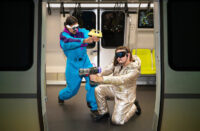

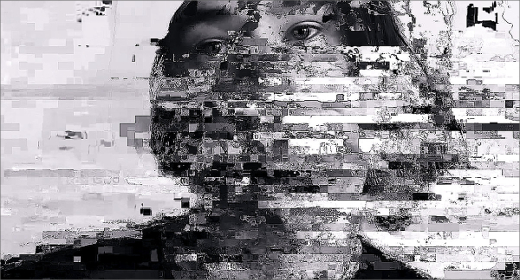
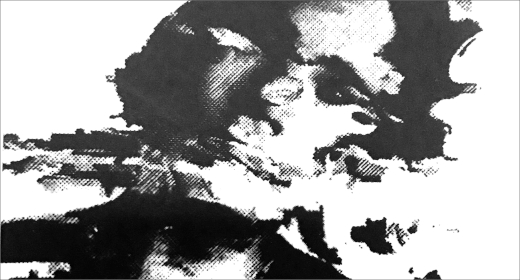

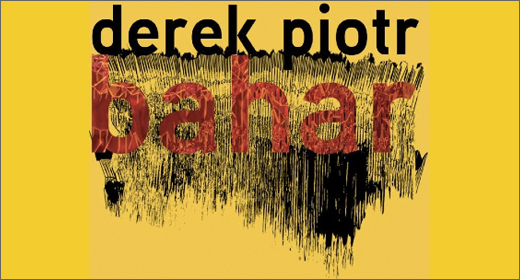
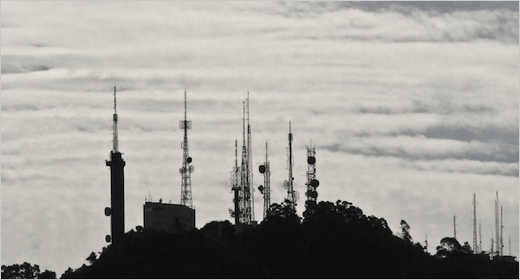



![Hasbeen :: Bunker Symphonies II (Clean Error) — [concise]](https://igloomag.com/wp/wp-content/uploads/2025/04/hasbeen-bunker-symphonies-ii_feat-75x75.jpg)
![Extrawelt :: AE-13 (Adepta Editions) — [concise]](https://igloomag.com/wp/wp-content/uploads/2025/04/extrawelt-ae-13_v_feat-75x75.jpg)
![Beyond the Black Hole :: Protonic Flux EP (Nebleena) — [concise]](https://igloomag.com/wp/wp-content/uploads/2025/04/beyond-the-black-hole-protonic-flux_feat-75x75.jpg)
![H. Ruine, Mikhail Kireev :: Imagined / Awakenings (Mestnost) — [concise]](https://igloomag.com/wp/wp-content/uploads/2025/04/h-ruine-mikhail-kireev-imagined-awakenings_feat2-75x75.jpg)


![Squaric :: 808 [Remixes] (Diffuse Reality) — [concise]](https://igloomag.com/wp/wp-content/uploads/2025/04/squaric-808-remixes_feat-75x75.jpg)

